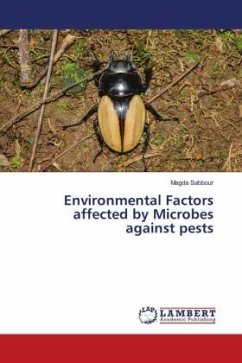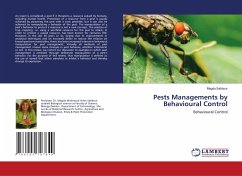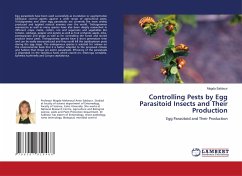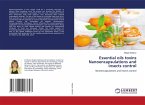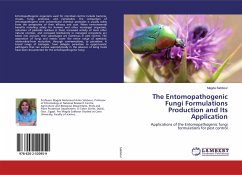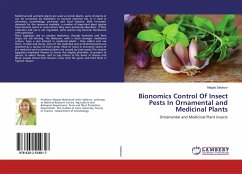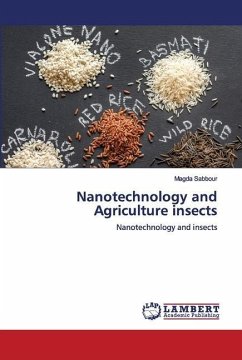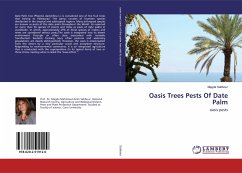Biocontrol agents involve natural or modified organisms (bacteria, fungi, etc.) or novel gene products to cope with or to control plant pathogens and diseases with minimal yield plenty. They are comparatively cheaper, provide year round protection, are nontoxic to plants, are eco-friendly, easy to grow/manufacture, multiply and manage, increase the crop yield, and can be used in combination with bio-fertilizers. The mode of action of biocontrol agents involves either direct antagonism (hyper parasitism, antibiosis) or indirect interaction (induced resistance, competition, etc.). Meticulous and collaborative researches on the development, widespread use, and conservation of different biocontrol agents shall ensure sustainability in agriculture and hence food security for teaming millions worldwide. In this section, the topic in biological control of pests considered will take place. There has been an increased interest in biological control agents in last decade. More number of biocontrol agents was screened for their efficacy and environmental impact including mammalian safety.
Bitte wählen Sie Ihr Anliegen aus.
Rechnungen
Retourenschein anfordern
Bestellstatus
Storno

